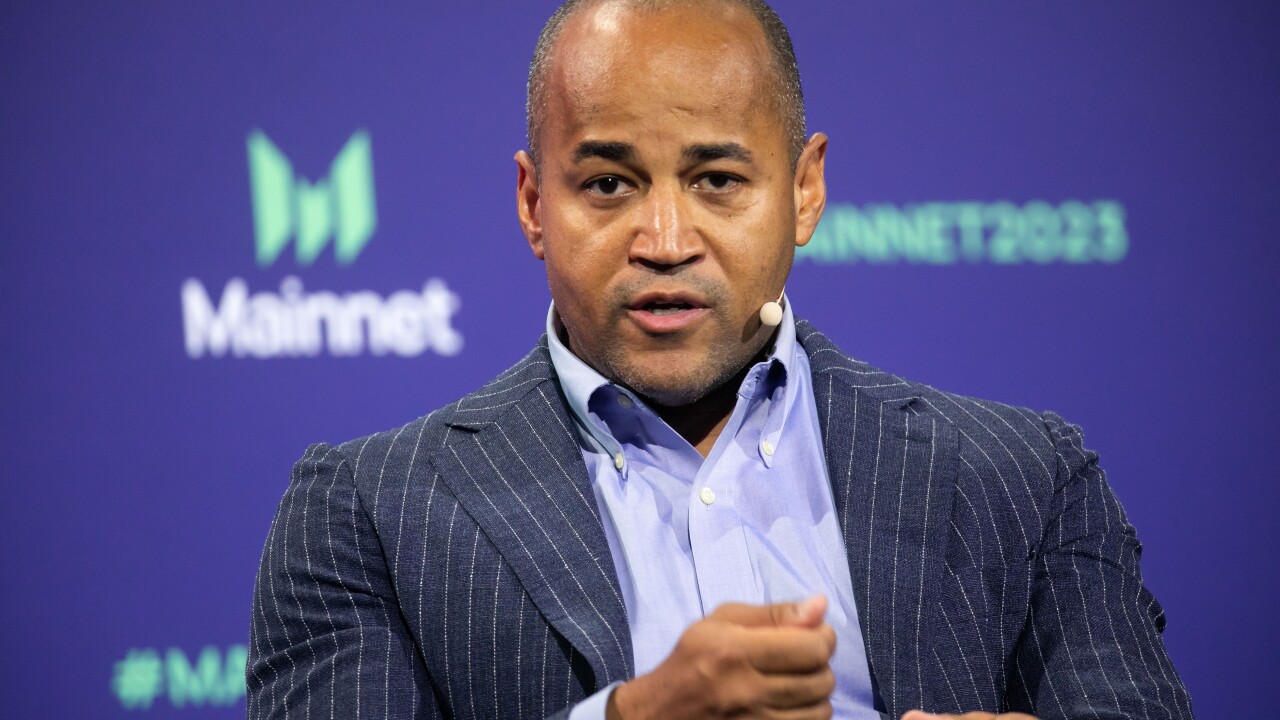
WASHINGTON — Elon Musk said the Consumer Financial Protection Bureau should be eliminated, calling the bureau an example of "too many duplicative regulatory agencies."
The call comes after Marc Andreeson, the Silicon Valley venture capitalist, said on a Joe Rogan podcast that the bureau was "terrorizing financial institutions."
Andreeson has a long history with the bureau. The CFPB said earlier this year that it had returned nearly $40 million to consumers from a fintech company called LendUp Loans, which was backed by Andreeson's firm Andreeson Horowitz.
Musk might have the power to influence the Trump administration's views toward the bureau as co-head of a new entity called the "Department of Government Efficiency," which will operate outside of the government.
The ability of Musk — and of the Trump administration writ large — to shutter the CFPB, however, is limited.
It would likely take an act of Congress to unwind the bureau.
"However fortunate or unfortunate, the CFPB was established by an act of Congress — requiring an act of Congress to 'delete,'" said Aaron J.B. Kofsky, Vice President-elect JD Vance's former financial policy advisor. "And I just don't think the votes are there. While I take issue with much of the CFPB's work, conservatives should instead focus on weaponizing the bureau to charter an America First course."
Another layer of protection for the CFPB is the recent Supreme Court decision — decided by a bench that leans conservative — that finds the bureau's funding structure constitutional.
"The logic of deleting the CFPB, like half of the accounts on X, is nothing more than an imaginative ruse designed to fan flames inside an echo chamber," said Adam Rust, director of financial services at the Consumer Federation of America. "The CFPB is an independent agency with independent funding."
Central to Andreeson's claims, which Musk was responding to in his social media post, are
Musk spent much of Wednesday posting about debanking and "Operation Chokepoint."
"Did you know that 30 tech founders were secretly debanked?" Musk wrote,
It'll be a key point in banking policy to watch in the new Trump administration, experts said, regardless of whether it winds up affecting the CFPB or other banking agencies.
"While debanking — primarily of conservative voices and industries disfavored by the Left — is a serious issue, the CFPB is not the culprit," Kofsky said. "Bank examiners at the FDIC, Fed and OCC utilize reputational risk to pressure banks to stop doing business with not only conservatives, but also the gun, traditional energy and crypto industries."
The CFPB was created as part of the Dodd-Frank Act, and the bureau in particular comes from the work of now Sen. Elizabeth Warren, D-Mass., who will be the ranking member of the Senate Banking Committee when the new Congress begins in the new year.
Conservatives and Republicans since have opposed the bureau, with Trump appointing Mick Mulvaney to lead it during his first term, with the purpose of dismantling its work and undercutting its powers.
Project 2025 — the conservative blueprint from the Heritage Foundation that Trump has distanced himself from while embracing some of its ideas — calls for "returning the consumer protection function of the CFPB to banking regulators and the Federal Trade Commission."

It would be an onerous path to accomplish this, said Todd Phillips, assistant professor studying financial regulation law at Georgia State.
"The CFPB is a creature of Congress, and Congress can pass legislation to abolish it if it wants to," he said. "That's not going to happen. As much as the industry dislikes how vigorous Director [Rohit] Chopra has been, they don't want to see the agency abolished."
Congress would have to write legislation to move the CFPB's authorities back to the FTC and to the bank regulators, a complex process that would make for a more confusing landscape for bankers and tech firms alike.
"I expect that as soon as Donald Trump gets into office he's going to appoint his person to run the agency and Congress isn't going to do a whole lot with it," Phillips said. "Even conservatives don't like getting ripped off."





